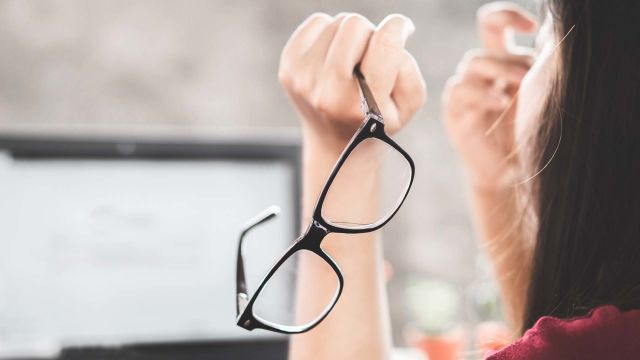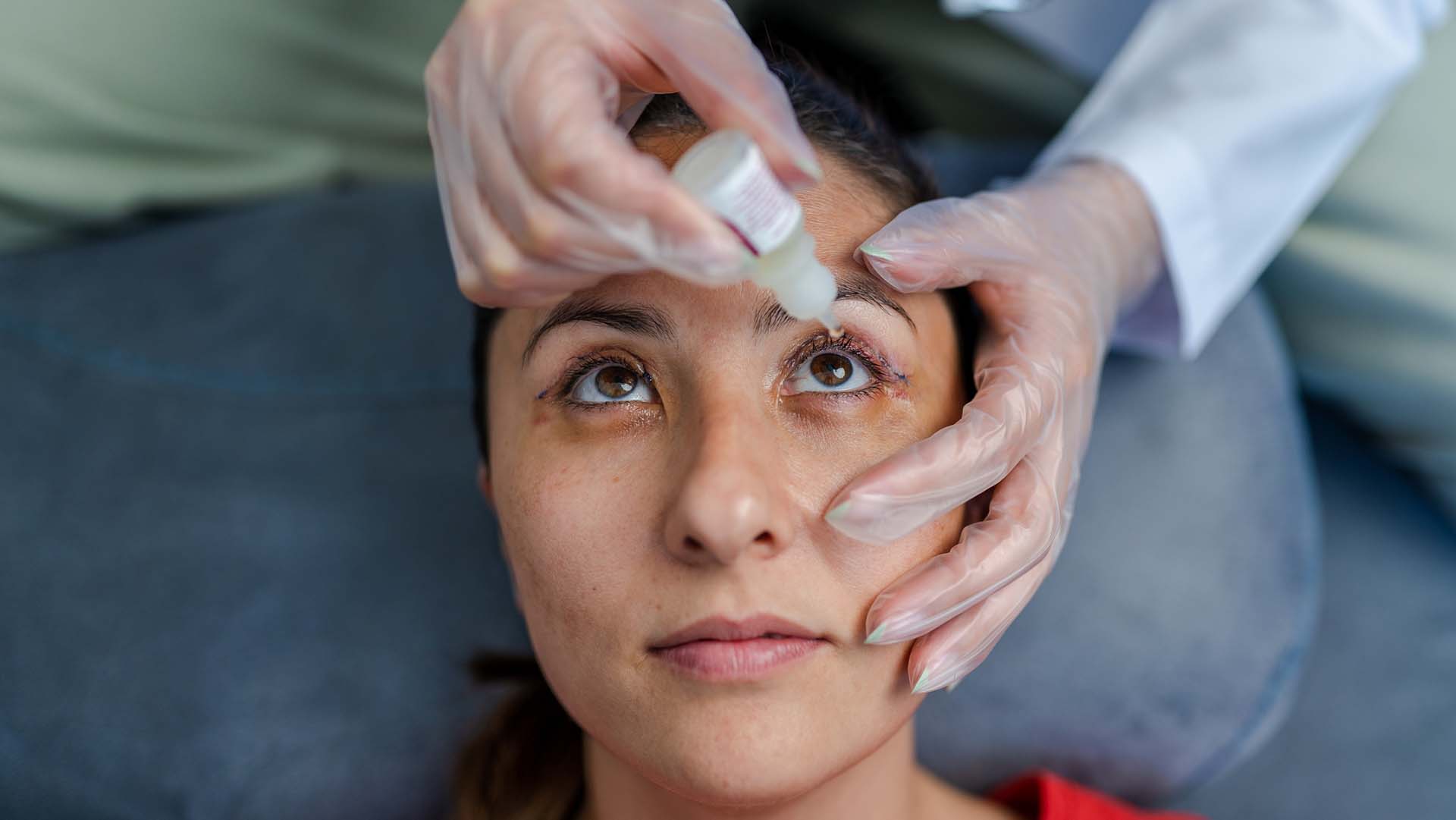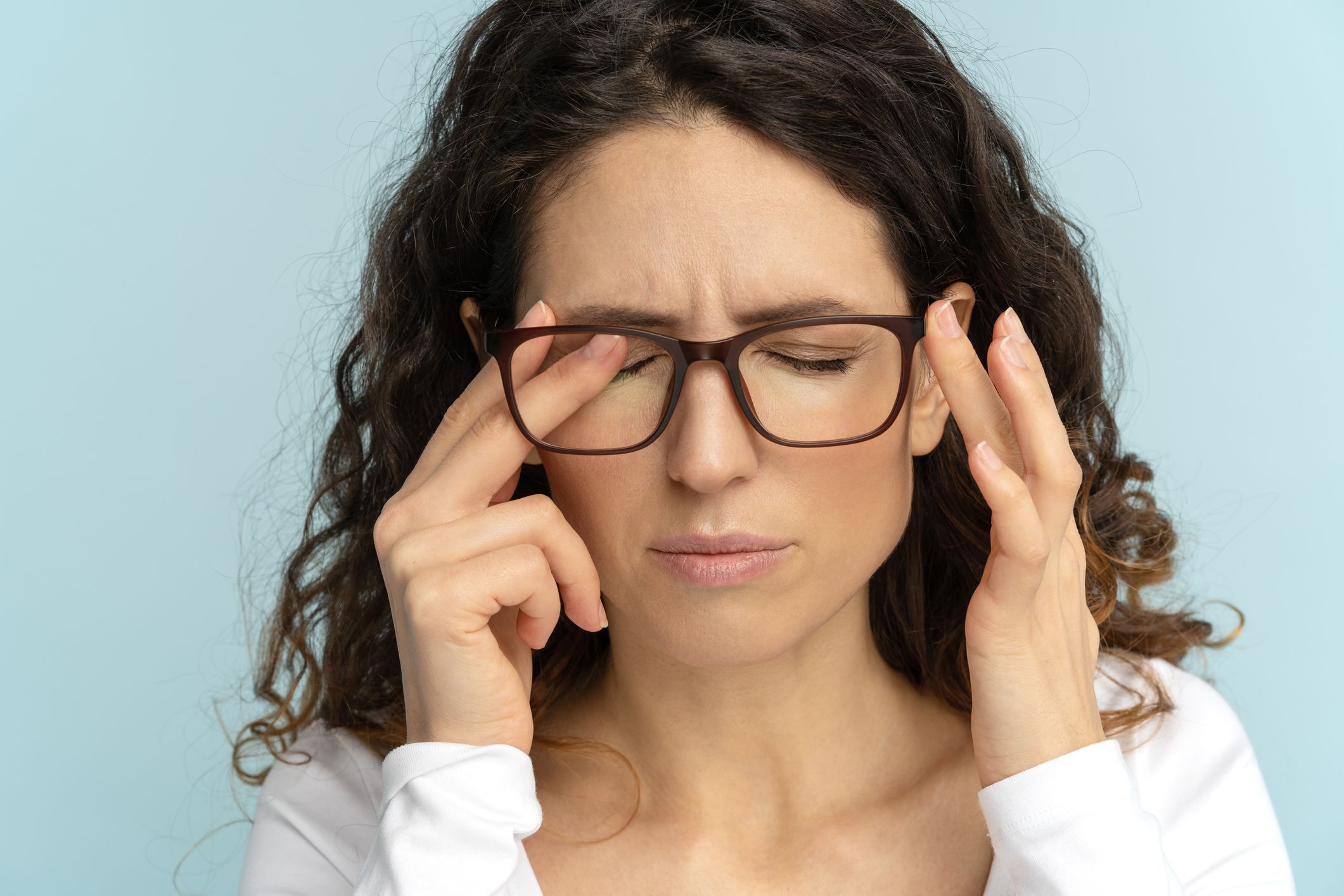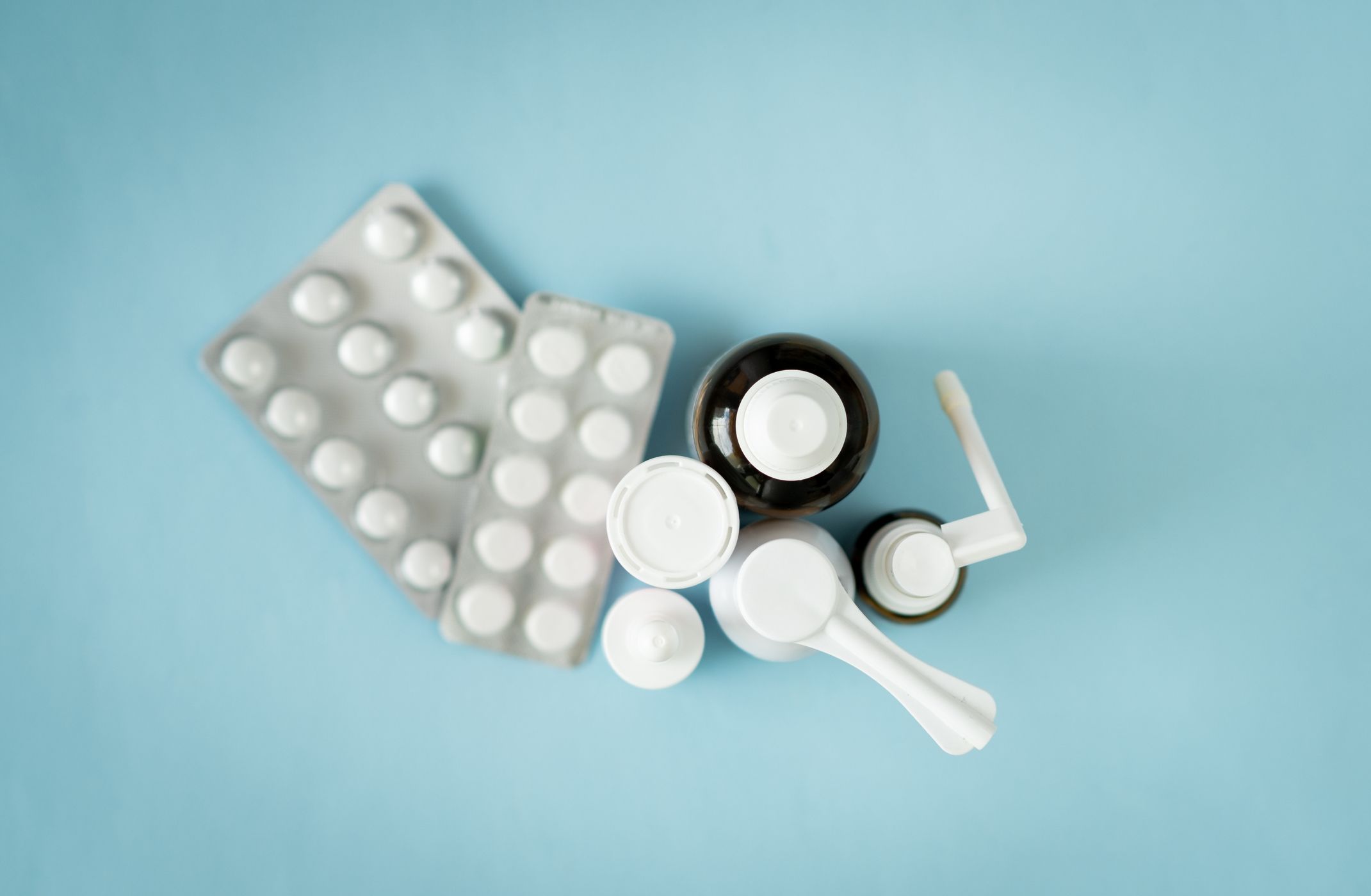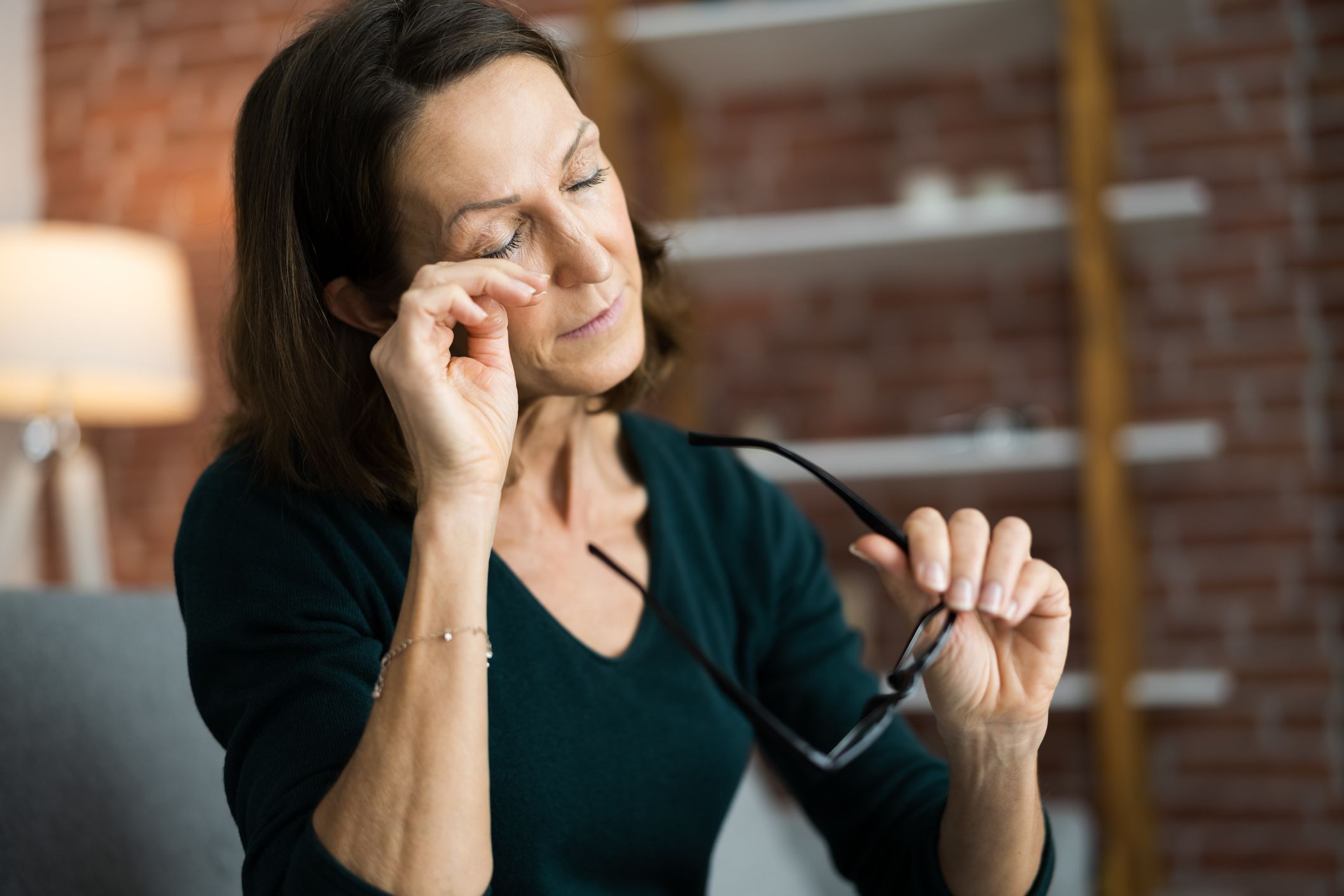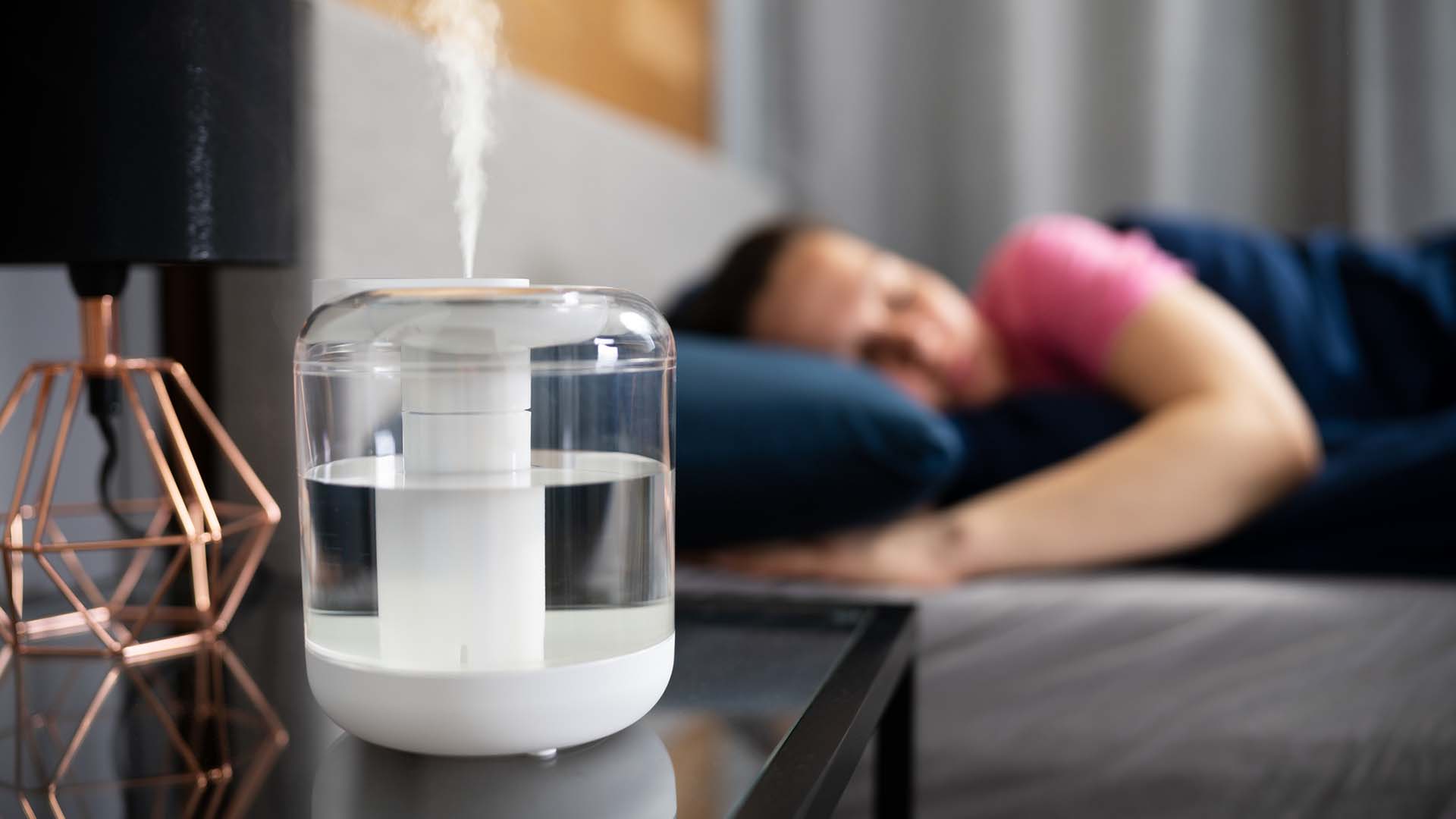Updated on September 30, 2022
You might not think about how your hormones affect your eyes and vision, but they do throughout your life.
"Hormones definitely affect your eyes from ages eight to 18, because you're growing," says ophthalmologist Anne Sumers, MD, clinical spokesperson for the American Academy of Ophthalmology. Near-sighted kids get more near-sighted. "That's why we generally don't recommend LASIK until after you're 21," Dr. Sumers adds.
After puberty, women may continue to experience vision changes due to fluctuations in their hormones. While the link between hormones and vision is intriguing, the jury is still out, says Anne L. Coleman, MD, PhD, Fran and Ray Stark Foundation professor of ophthalmology at the University of California, Los Angeles. "There's a lot of interest in it," she notes. "But this is a new area of research, and it's in flux."
While scientists delve deeper, here are a few ways your hormones may be affecting your vision.
Birth control pills
Eye problems aren't common with birth control pills, but some of the pill's less-common side effects include dry eye, partial loss of vision, or double vision.
And taking birth control pills long-term may increase your risk for glaucoma. "Women who use birth control pills for three years or longer have a 5 percent risk of developing glaucoma as opposed to 2.5 percent among the general population," says Robin Miller, MD. If you have a family history of glaucoma, let your healthcare provider (HCP) know.
Pregnancy
Pregnancy may also cause temporary eye problems. "That's why we don't like to fit women with new glasses or contacts during pregnancy," says Sumers. Problems may include dry eye or a gritty sensation. Because the cornea swells during pregnancy, contacts may also become uncomfortable. The solution: Switch to glasses for the duration of pregnancy.
But alert your HCP to any change in your vision, since it could be a sign of preeclampsia (hypertension during pregnancy) or gestational diabetes. "Frequently the first symptom is blurred vision," says Sumers.
Menopause
Are you going through "the change" and bothered by dry, gritty, burning, or tired eyes? You're not alone.
"Up to 50 percent of women in periomenopause and menopause have some form of chronic dry eye," says Sumers. "It can get better and worse throughout menopause."
There are estrogen receptors in the eyes, and declining estrogen levels lead to dry eye, explains Miller. Estrogen-only hormone therapy (HT), if it's appropriate, may help. Some research suggests estrogen may also protect you from glaucoma.
But even if HT is off the table, women have options, says Sumers. Flax seed oil supplements may help relieve dry eye. So can artificial tears. Even setting up a humidifier in the bedroom can soothe dry eyes, as well as dry skin, which is also common with menopause.
